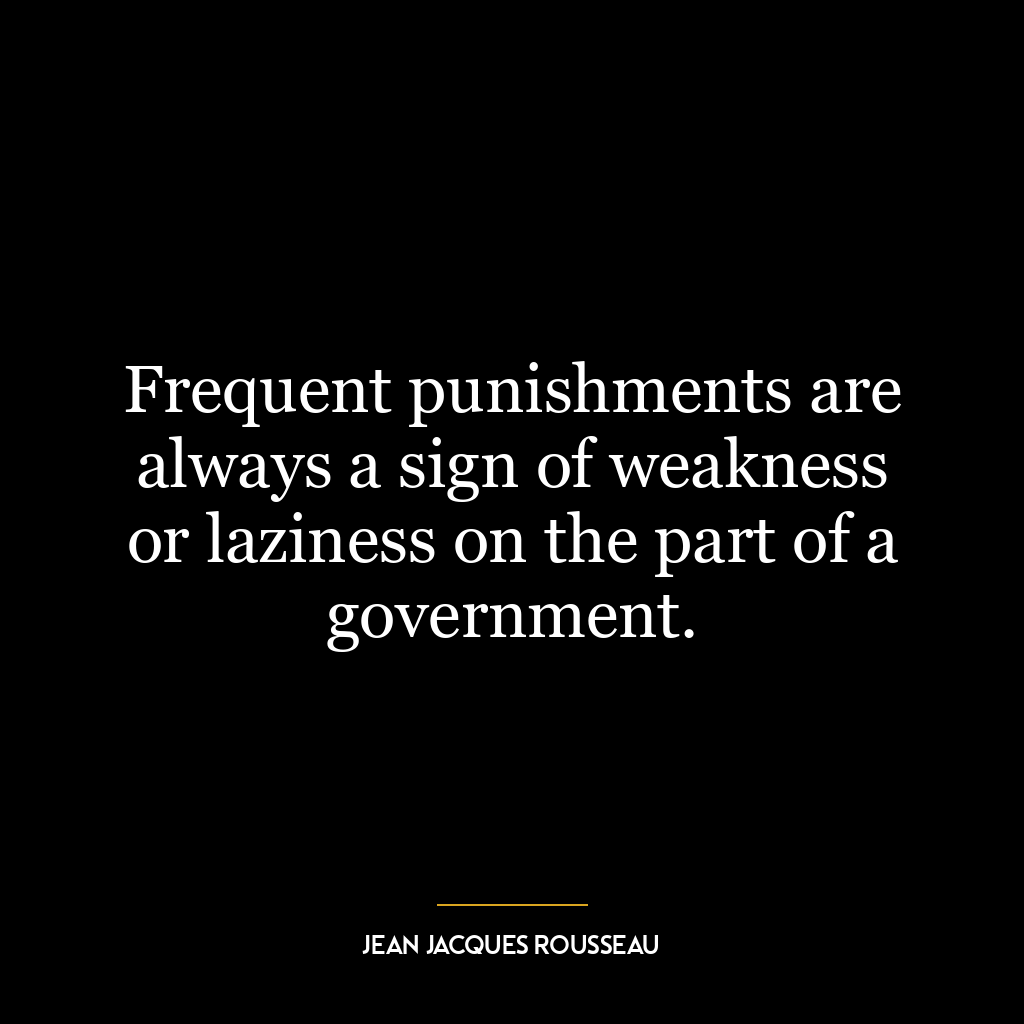This quote, "The issue is always the same: the government or the market. There is no third solution," is a succinct encapsulation of the dichotomy between two fundamental forces that drive economic systems: government intervention and free market principles.
The first part of the quote, "The issue is always the same," suggests that, regardless of the specifics of any economic problem or debate, the fundamental question boils down to whether it should be addressed by government intervention or by letting market forces play out.
The second part, "the government or the market," refers to the two main mechanisms for organizing, controlling, and directing economic activity. On one hand, we have the government, which can use laws, regulations, and public policy to shape economic outcomes. On the other, we have the market, where prices are determined by supply and demand, and economic outcomes are shaped by the decisions of millions of individual consumers and producers.
"There is no third solution," suggests that all economic systems are essentially a mix of these two elements. It’s not a matter of choosing one over the other but of deciding what balance to strike between them. There’s no viable economic system that doesn’t involve some mix of government intervention and market forces.
Applying this idea to today’s world, we can see that debates over economic policy often revolve around this dichotomy. For example, discussions about healthcare in the United States often boil down to questions of how much the government should intervene to ensure access to care, versus how much we should rely on market forces to determine who gets care and at what cost. The ongoing debates over climate change similarly revolve around the question of whether to rely on market-based solutions, like carbon pricing, or government intervention, like regulations and subsidies for renewable energy.
In terms of personal development, this quote might be interpreted as a reminder that we’re constantly navigating the tension between external structures (like government rules and societal norms) and our own individual agency. Just as economies need a balance between government and market forces, so too do we need a balance between adapting to external constraints and forging our own path.








